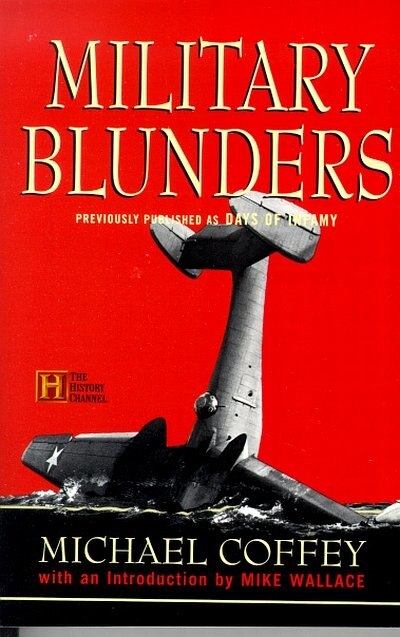
Compare Mission Failure by Michael Mandelbaum, Hardcover | Indigo Chapters
Michael Mandelbaum
$36.50
America's decision in 1991 to provide air defense to oppressed Kurds in Iraq after the Gulf War ushered in an entirely new era in American foreign policy. Until that moment, the United States had only used military power to defend against threats that its leaders thought would either weakenAmerica's position in the world order or - in the worst case - threaten the homeland. But with this offer to the Kurds, the United States for the first time ever was now militarily involved in states that represented no threat, and with missions that were largely humanitarian and socio-political. After establishing the Kurdish no-fly zone, the US in quick succession intervened in Somalia, Haiti, and Kosovo. Even after 9/11, it decided that it had a duty to not just invade Iraq, but reconstruct Iraqi society along Western lines. In Mission Failure, the eminent scholar Michael Mandelbaum provides a comprehensive history of post-Cold War American foreign policy to show why this new approach was doomed to failure. Mandelbaum argues that all major foreign policy initiatives, both before and after September 11, 2001, had abasic feature in common: all were missions to transform other countries along Western lines, and all failed. This shift in policy did result in several positive effects, including a broad expansion of democracy and strong growth in the global economy. However, the U. S. had neither the capacity nor the will to change societies that were dramatically different from our own. Over two decades later, we can seethe wreckage: a broken Iraq, a teetering Afghanistan, and a still-impoverished Haiti. Mandelbaum does not deny that American foreign policy has always had a strong ideological component. Instead, he argues that focusing solely on ideology at the expense of realism generally leads to missionfailure. | Mission Failure by Michael Mandelbaum, Hardcover | Indigo Chapters














